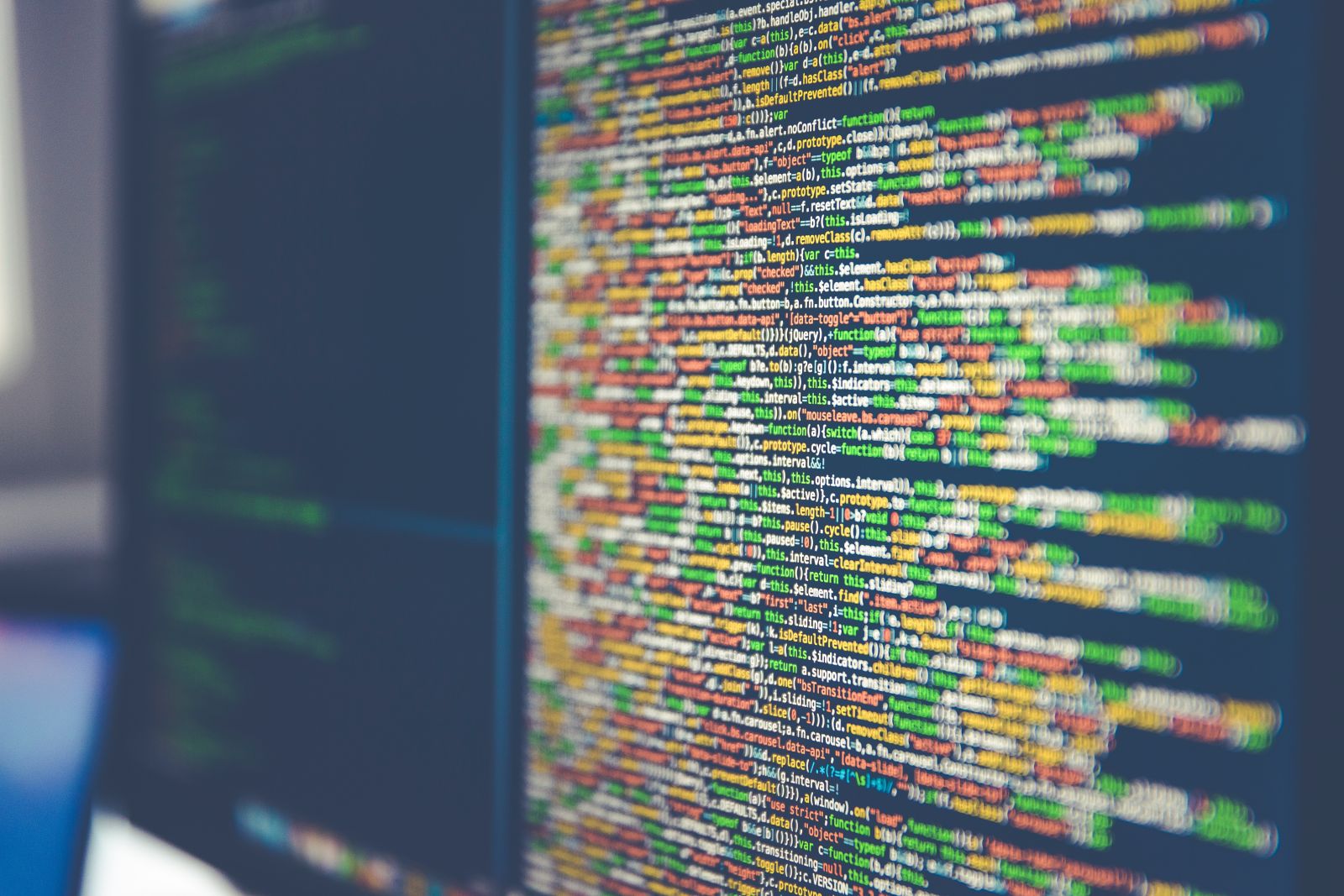Last updated on April 15, 2020
Generally, people get confused about ethical hacking and cybersecurity. So, the question that often arises, “is ethical hacking and cyber cybersecurity the same?”
The fact is, ethical hacking is just one of many tools that cybersecurity uses to accomplish its goal.
While ethical hacking allows its practitioners to break in into the various system and network territories to find out the vulnerabilities that the hackers with ill-motives can exploit before they can fulfill their intentions, cybersecurity trains its professionals to prevent attacks by resolving potential risks before malicious users can utilize them. Usually, professionals into ethical hacking enjoy their work as their job is to spoil the ill-intentions of real-life hackers. Their role enables them to hack software, physically breaking into buildings, implementing phishing campaigns, and more. Cyber Security, on the other hand, is not just limited to one or two things but it is a toolbox with various tools, skill sets, and intense desire to create and maintain a hacker safe and secure working environment.
In this digital world, when the whole world is connected through the internet, creating a 100% secure environment is not easy. Risk is one factor that keeps emerging from nowhere. So, removing the risk would be impossible. In such a situation, cybersecurity professionals work to reduce the risk and device control to deviate the impact of cyberattacks.
What is Ethical Hacker?
Ethical hacking is a strategic cyber threat preventive action performed by organizations or individual professionals to help identify potential threats on a network or devices in the network system. The role of an ethical hacker is to ethically break into system security and find out the susceptible points that have chances of getting exploited by malicious hackers.
Also known as a white-hat hacker, ethical hackers are information security experts who rightfully enter a network or a computer system, application, or other resources in the network following the permission of their owners. Systematic attempts to break in are made by these professionals to identify the security lapses that real-life hackers could take advantage of for their gains.
What Does an Ethical Hacker Do?
The idea of these professionals is to assess the security layers and find out the week points in systems, infrastructure, or network so that proper measures can be taken to prevent potential attacks. It is a critical process using which the owners of the systems try to understand if any illegal access or malicious activities is possible by attacking the systems or the network.
Many methods, techniques are used to test the systems by using skills that allow ethical hackers to penetrate the IT security of the organizations in the same way as real-life hackers are expected to do. Also known as black hat hackers, ethical hackers instead of making personal gains by taking advantage of the week points in a system like their malicious counterparts, document all the susceptible points along with solutions that needs to be applied to prevent any potential attack on the systems or network, that helps in strengthening the overall security of any organisation.
In short, one can say, ethical hackers, evaluate the security lapses in system configurations that are unknown hardware or software susceptibilities and also the vulnerabilities in functional process and technical countermeasure.
In this world, where most of the organizations across the globe are connected via the internet 24×7, it is advisable to them that they consider hiring ethical hackers to conduct penetration testing to safeguard their business interests.
Now let’s try to understand what is cybersecurity.
Cyber Security
Cybersecurity or information technology security, as you may like to call it, is a combination of technology, processes, and practices that are systematically planned to prevent malicious attacks, damages and unauthorized access on devices, applications, networks, and data.
Why is Cyber Security Important?
At this time, big data analytics, artificial intelligence, and robotics, data is the new oil. Hence, today, we see nations trying to have control over the maximum information possible. It is believed that the country that will have control over maximum data would rule the world. We already see a lot of talk over data exploitation these days. Snooping into private data is slowly becoming a prevalent practice among organizations and countries. We understand the fight over control over data has already started many debates because data is the most powerful commodity in this digital age. Here comes the need for cybersecurity, where not only organizations but even countries need to work on preventive measures to protect their data from damages and unauthorized access.
Today, cybersecurity and cybersecurity training is essential for government, military, medical, corporate and financial organizations because of all they collect, process and store massive amounts of digital data that is recorded in computers and other digital devices. A considerable part of the data stored by these institutions can carry sensitive information, which may include financial information, personal data, intellectual property, and other vital data. Unauthorized access to these data can lead to risk and can possess huge damaging effects on organizational and national security.
In a natural course of action, organizations and businesses move data across networks and devices. Cybersecurity defines the disciplines to protect the information and methods that process the data. The cybersecurity experts continually take necessary steps to safeguard the information linked to national security, finances, personal and medical records.
Seeing the growing volume and sophistication of cyberattacks; currently, it is becoming very critical for governments and organizations to consider preventive measures to protect sensitive data from exposures to illegal access. Way back in 2013, intelligence officials had cautioned about cyber threats and unauthorized snooping, which we see today growing at an alarming pace. If proper measures are not adopted, then cyber attacks and digital spying will become the top threats to national security, which will be far more threatening than terrorism.
Conclusion
Today data is the most crucial asset of any organization and nation. While adopting cybersecurity norms and hiring an ethical hacker might look like a daunting task, but one good small step to protect your vital data can lead you to a better and safe tomorrow. You can continue to scale your resources as you continue to mature in the cyberspace. If you want to learn more about cybersecurity, check out Techslang.




